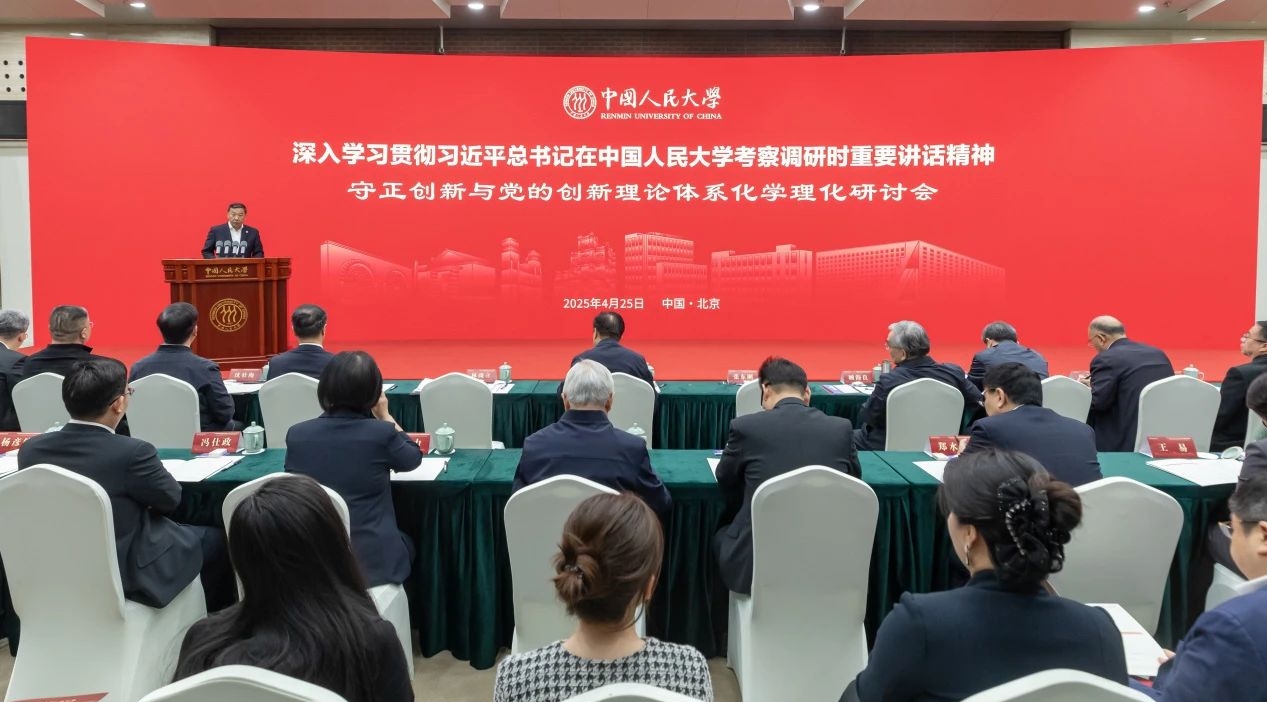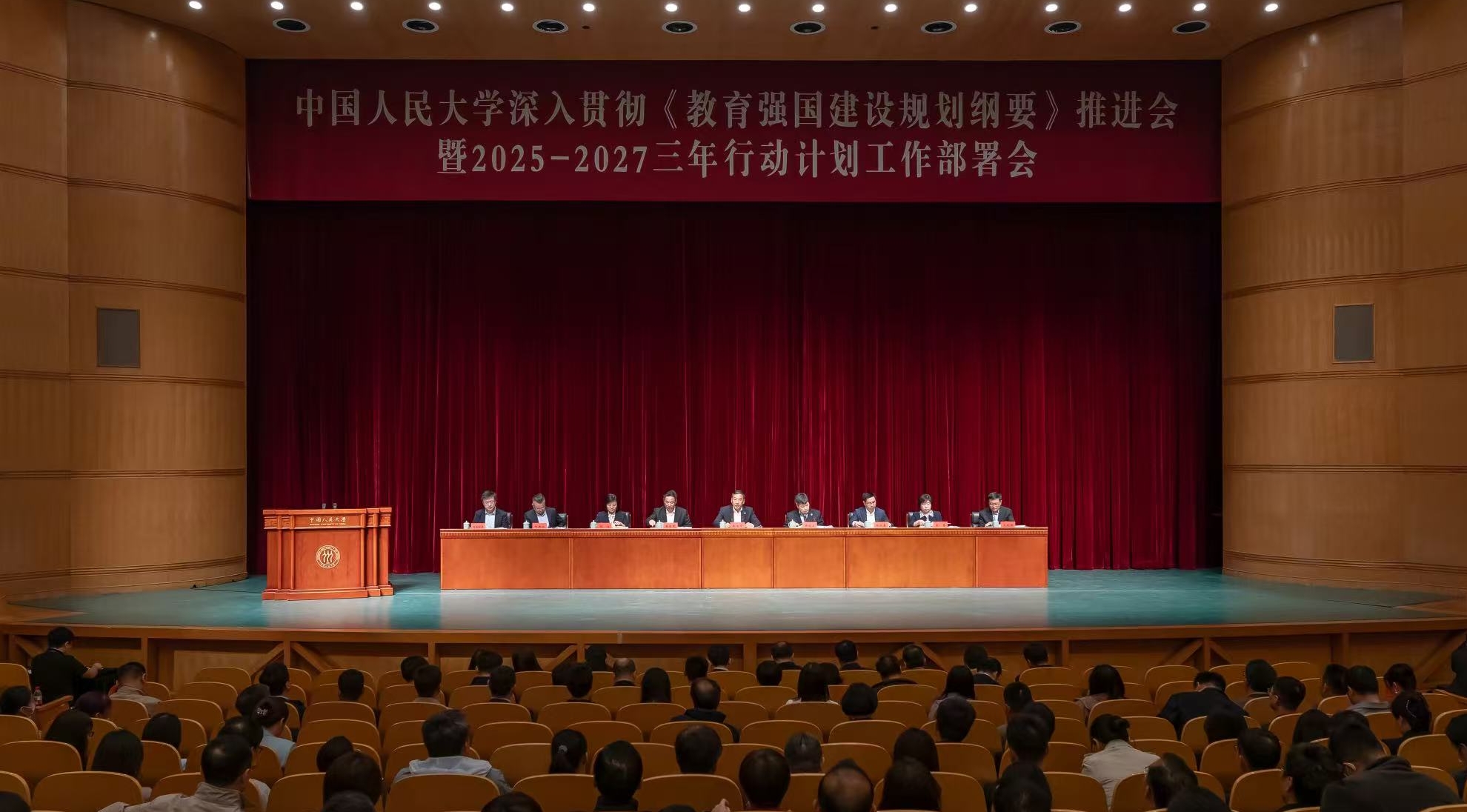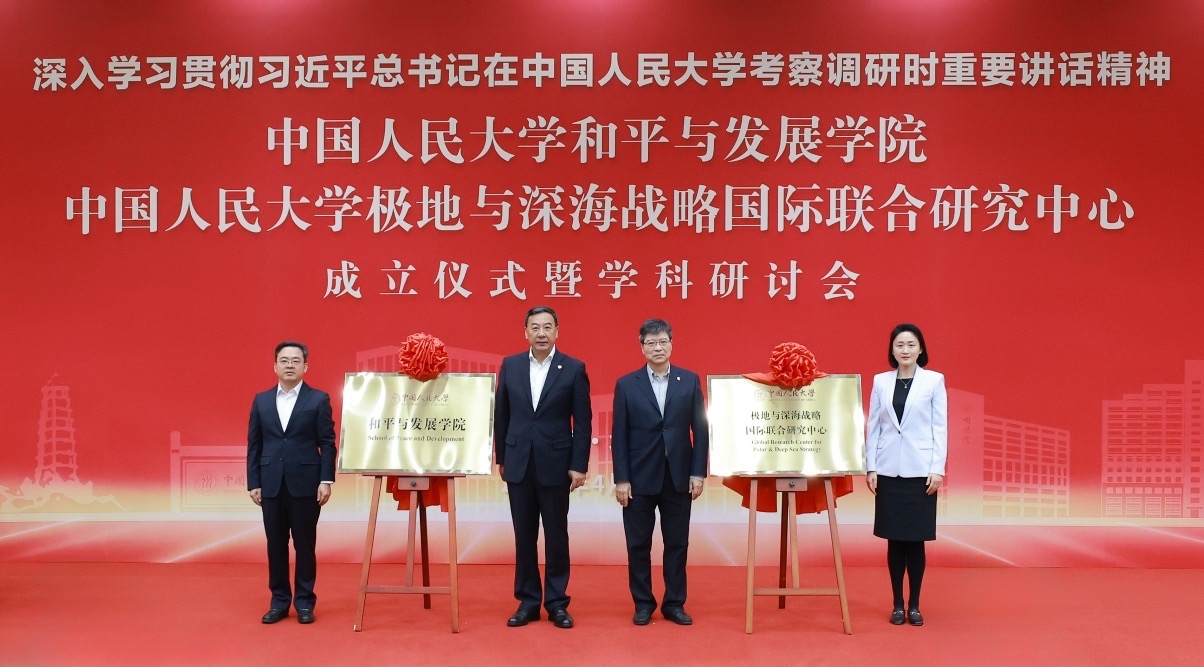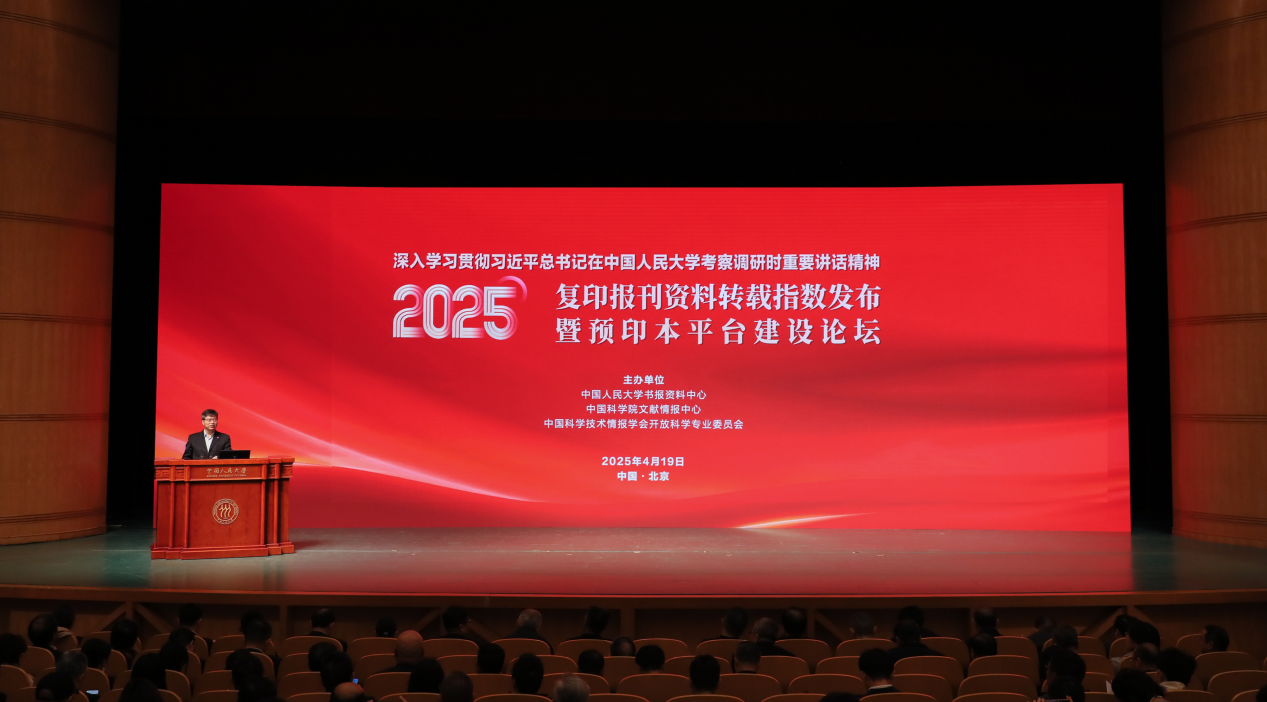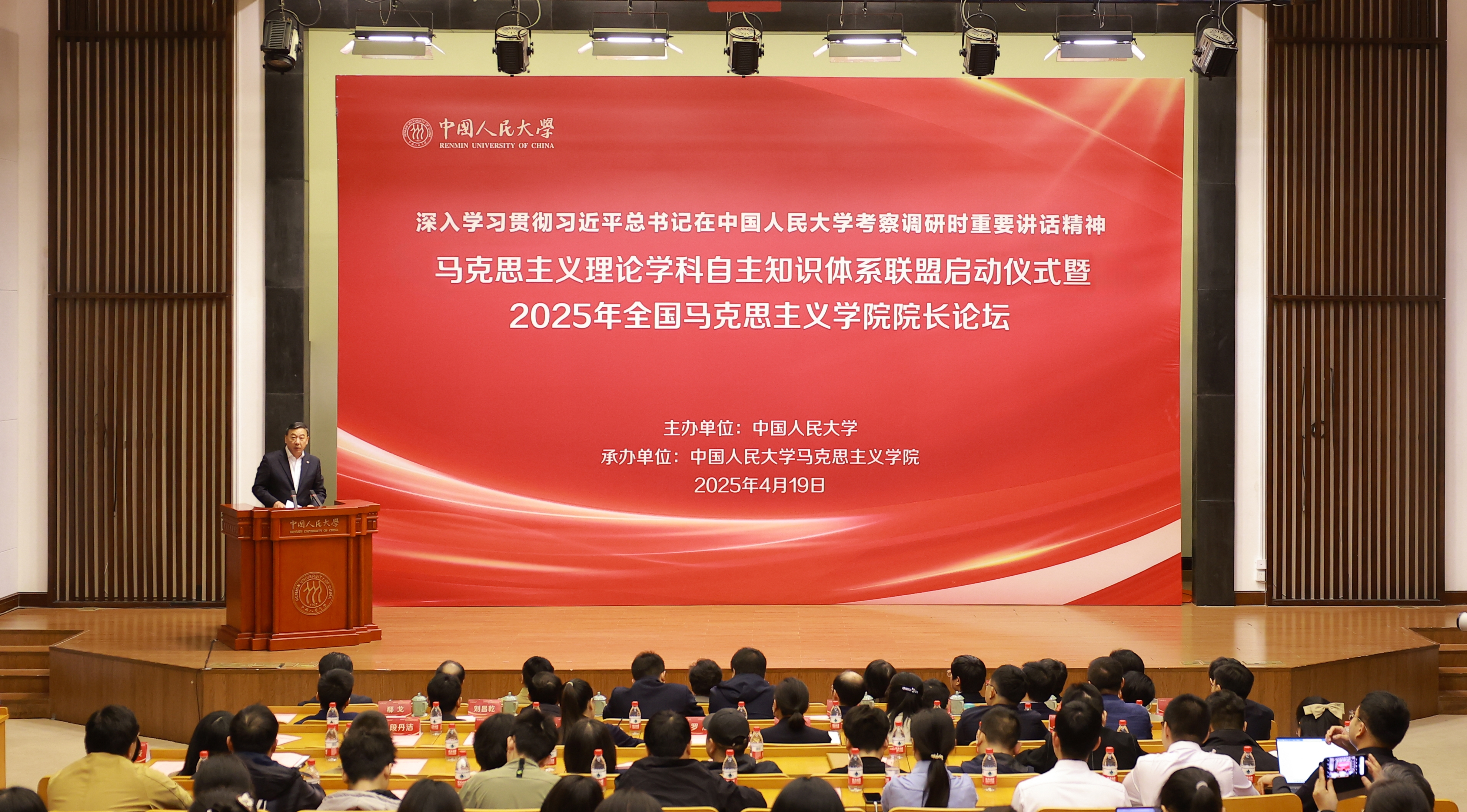
Wang Xiaosong Photo: Courtesy of Wang Xiaosong
Recently, the US government has been wielding the stick of additional tariffs, a move that not only impacts its own economy and trade but also triggers widespread ripple effects globally, casting a shadow over the potential for a global trade war. However, this unprecedented global trade war is not inevitable. The international community needs to work together to uphold the multilateral system, strengthen cooperation and reshape the global economic landscape.
The US government frequently imposes tariffs on other countries, driven by practical considerations to increase fiscal revenue, economic goals to reduce trade deficits, and political intentions to coerce trade partners into yielding to US demands in international affairs. From Washington's perspective, tariffs appear to be a solution to the various problems it faces. However, its trading partners do not passively endure these measures and often take corresponding countermeasures.
History offers a clear lesson. In 1930, then US president Herbert Hoover, despite opposition from various sectors, signed the Smoot-Hawley Tariff Act, raising tariffs on over 20,000 imported goods. Canada, France, and other countries rapidly retaliated against the US. US imports plummeted from $4.4 billion in 1929 to $1.5 billion in 1933, a drastic decline of 66 percent, while exports fell from $5.4 billion to $2.1 billion, a drop of 61 percent. The damage was not limited to the US; this trade war also severely impacted global trade, which shrank by approximately 66 percent from 1929 to 1934.
Nearly a century later, we see the shadow of the Smoot-Hawley Tariff Act in the current tariff policies of the US government. However, compared with a century ago, the current global economic situation is much more complex. The world has undergone the process of economic globalization, and global value chains have experienced construction, reshaping, fragmentation and repair. The range of countries participating in international trade is broader, the depth of involvement is greater, and the interconnections are tighter. The current US government's tariff policies are likely to provoke a global trade war, which the world economy may struggle to withstand without suffering severe consequences.
The US government's imposition of tariffs on foreign goods is a disregard for and violation of the existing multilateral trade system, and it is a typical manifestation of trade bullying. The US steep "reciprocal tariffs" directly violate the World Trade Organization's most-favored nation principle, and its advocacy of "fair trade" is, in fact, an unfair trade that benefits itself at the expense of others. Other countries should work together to uphold the authority of the multilateral trade system, balance the interests of developed and developing countries, conduct trade activities and negotiations within a multilateral framework, safeguard the achievements of economic globalization, and promote the healthy development of global trade.
To avoid a global trade war, it is essential to revitalize multilateral cooperation, particularly by strengthening the role of the WTO. As one of the most important international economic organizations of contemporary times, the WTO has played a crucial role in promoting global economic integration and trade liberalization over the past 30 years, with global trade volume increasing from around $6.2 trillion in 1995 to $33 trillion in 2024. In recent years, unilateralism and trade protectionism have risen, posing challenges to the multilateral trading system. Nevertheless, the WTO remains the cornerstone of multilateralism and important platform for global economic governance. By revitalizing the WTO and actively engaging in multilateral cooperation, countries can collectively address trade challenges on the basis of equality and mutual benefit, thereby building a more stable and open global economic landscape.
In terms of trade patterns, the role of regional trade agreements is becoming increasingly prominent. Countries need to expand their economic and trade networks and promote regional trade liberalization to mitigate the tariff impacts from the US. For example, the trade volume within the Regional Comprehensive Economic Partnership is growing rapidly, trade among countries participating in the Belt and Road Initiative is also flourishing, and the African Continental Free Trade Area is accelerating its tariff reduction plans, among other developments. Furthermore, there is ample opportunity to leverage platforms such as the BRICS cooperation mechanism and the G20 to deepen collaboration among countries in areas such as infrastructure, green development, and the digital economy, thereby promote the formalization and institutionalization of multilateral cooperation.
The US tariff turmoil reflects the American hegemony based on its vast market and the dollar system. For the US government, tariffs serve both as a goal and a means some tariff policies may ultimately go unenforced, but they can become bargaining chips in negotiations with trade partners. The topics of these negotiations can range from mergers and acquisitions of tech companies to domestic industry subsidies. In response, there is a need to promote the process of "de-dollarization" in the international financial market, creating a more diversified international settlement system to weaken the foundation upon which the US can arbitrarily launch trade wars.
Countries can also unite to expand the scope of cooperation, integrate resources globally, reshape value chains and promote the establishment of a new pattern of trade and investment. When the major economies of the world establish a trade network that does not rely on the US, the effectiveness of American tariff policies will diminish, and the likelihood of a global trade war will be minimized.
The author is an economics professor at the Renmin University of China.







